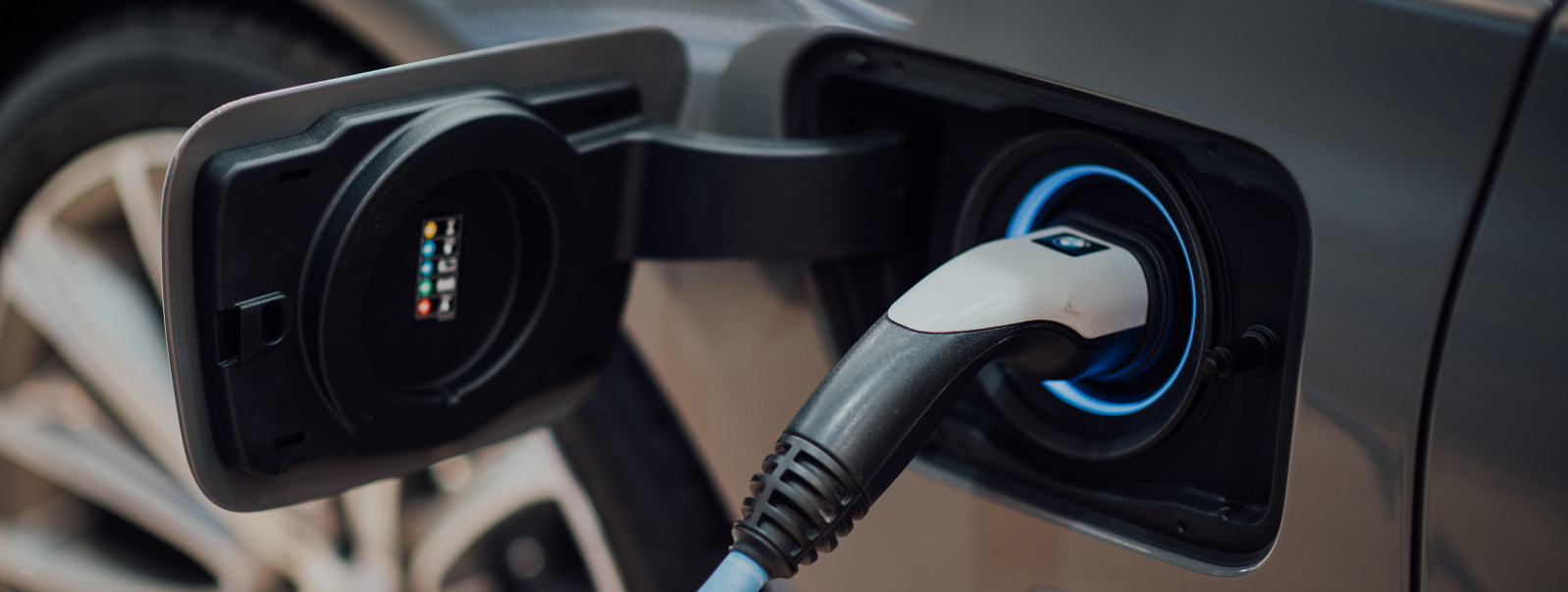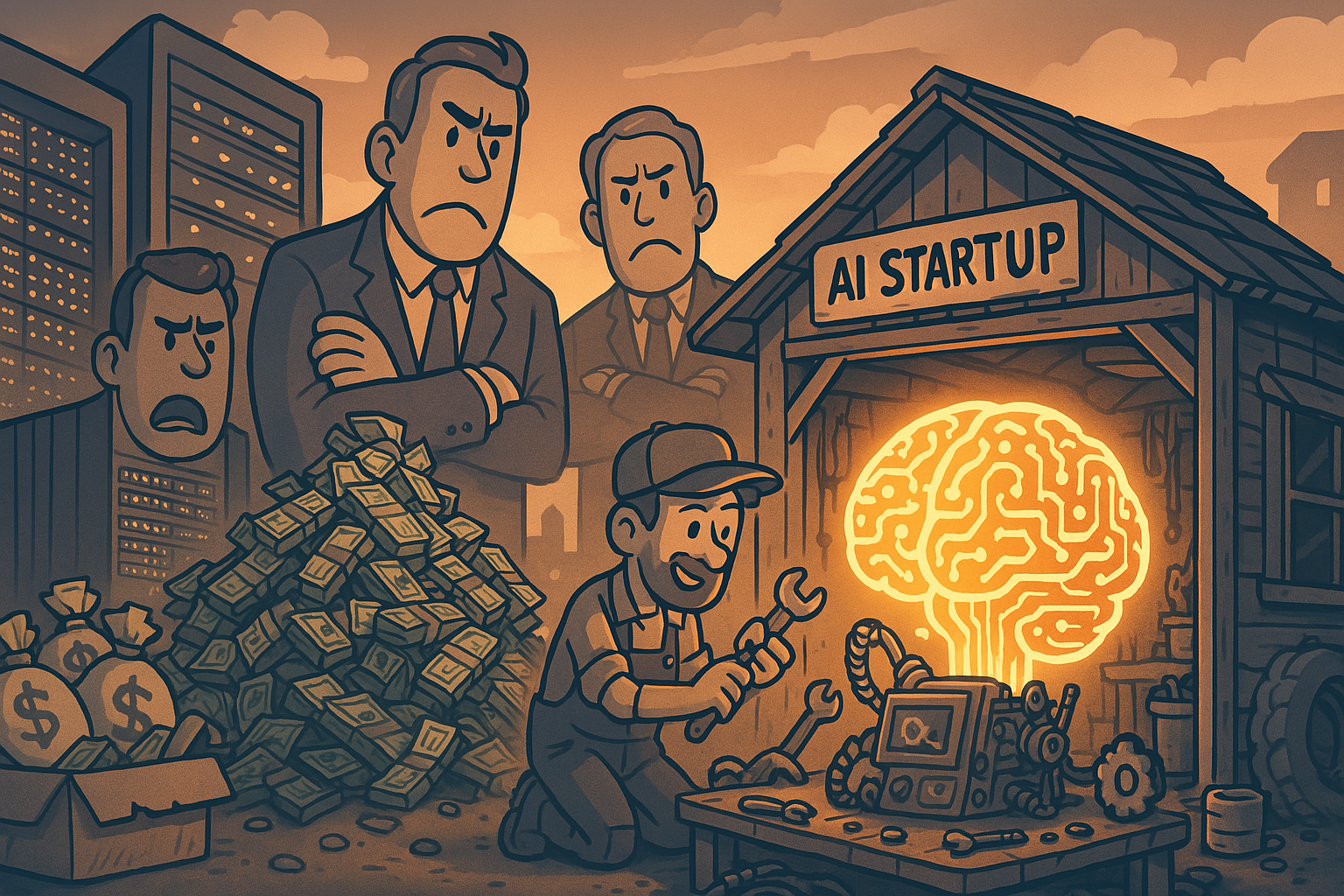Climate change has led to more extreme weather, such as floods, storms, and extreme heat. These events may put much strain on or even disrupt electric grids. Typical solutions for homeowners include purchasing generators or home solar and battery systems. However, they can be quite pricey. It has been reported that some people used electric pickup trucks to power their homes during blackouts. For example, as New York Times reported, a family in Tennessee used their Ford F-150 Lightning to keep their lights and fridge going, although the energy was not enough to support AC at the same time. It needs to be noted that powering a home from an electric truck needs certain equipment installed by experts, costing thousands of dollars. Yet, there are reasons to be optimistic about this new approach. First, electric pickup trucks may store more energy than home batteries that come with solar panels. In the future, it may be possible to pair electric trucks with solar panel systems. Second, and more importantly, both car and energy companies are working to make it easier to use electric vehicles as an energy source. For instance, Tesla and GM are actively exploring related technologies. Some energy companies are also hopeful that combining solar panel, home battery and EV will be practical in a few years. Some utility companies, such as Edison International in Southern California, are even testing the possibility of sending power from EV to the grid.
Summary
The Purpose
To supply energy during a blackout
The Idea
Use electric vehicles as a power source
Further Possibilities
1. Smart Home Integration
Smart home platforms could detect power outages and automatically switch to using energy stored in electric vehicle batteries to power essential appliances and maintain critical functions. This integration could optimize energy usage, improve efficiency, and provide reliable backup power solutions.
2. Mobile Power Source
Companies could develop a fleet of electric vehicles equipped with charging infrastructure that can quickly deploy to affected areas. These mobile charging stations could serve as emergency power hubs, providing electricity for critical services, medical facilities, and disaster response efforts.
3. Microgrid Expansion
Microgrids are localized, self-sufficient energy networks that can operate independently from the main grid. Electric vehicle batteries can store excess energy generated from renewable sources, such as solar or wind, and supply power to homes and communities within the microgrid, increasing energy resilience and reducing dependence on centralized power systems.
4. Energy Storage as a Service
Companies could offer services where electric vehicle owners can lease their battery to homes or businesses in need during blackouts. This concept could provide a cost-effective solution for both electric vehicle owners and energy consumers.
5. Store Excess Energy as Potential Energy Of Water
The system would consist of a small reservoir or tank installed within or near the home, which can hold water. When excess energy is generated from renewable sources or during periods of low electricity demand, the surplus energy is used to pump water from a lower position to a higher position, creating potential energy. Backup Power during Outages: In the event of a power outage, the potential energy stored in the elevated water can be converted back to electricity.
Questions
1. How else might we supply power during a blackout?
2. How might we supply power from a gasoline car?
3. How might an EV company become a utility company?







